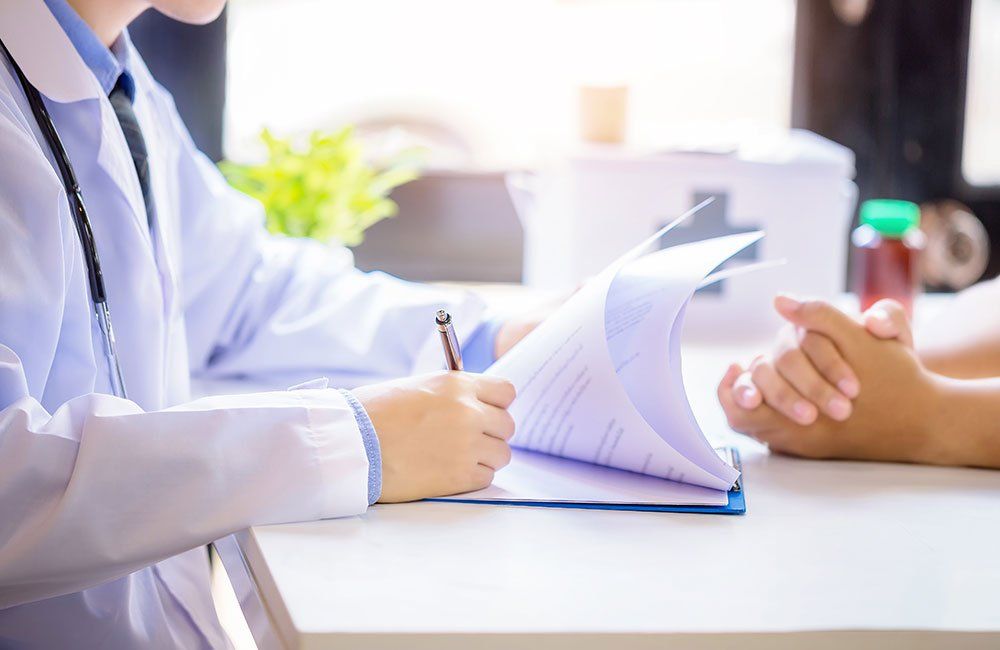Ipswich Digestive Health Group
Day Before
Before and After
Day Before
A good preparation greatly improves the accuracy of your test. Please continue your low fibre diet up until your procedure as directed. You will be supplied with written instructions for the preparation diet as well as the bowel preparation procedure itself. Ensure you follow this closely as residual dietary fibre can severely compromise the accuracy of the test. Occasionally, some people may require additional prep solution on the morning of the test. Notify hospital staff early if your preparation is not free of particulate material. If you have previously had problems with inadequate cleaning of the bowel please notify the nurse at your pre-procedural assessment.


